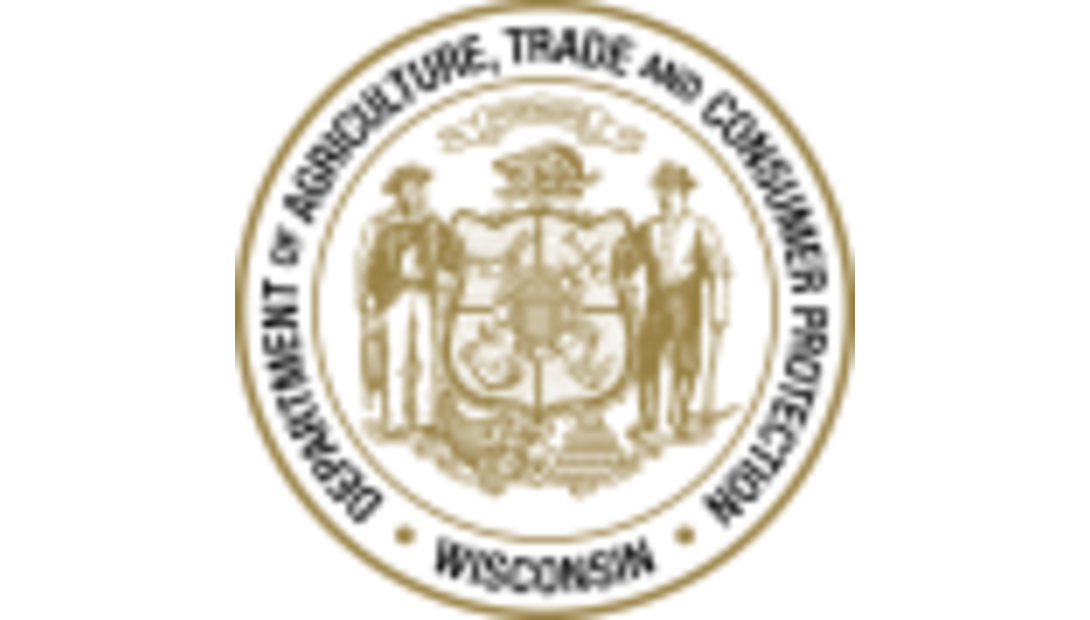The information below has been supplied by dairy marketers and other industry organizations. It has not been edited, verified or endorsed by Hoard’s Dairyman.

Each day, farmers across Wisconsin care for their livestock, land, and crops. For them, it is more than just a job, but rather a lifestyle and a promise to care for the land just like generations before them. Ahead of National Farmers Day on October 12, I wanted to extend my sincerest gratitude to all of Wisconsin’s farmers.
Every day, I have the opportunity to advocate for and work alongside farmers. Recently, I was able to attend the World Dairy Expo, and participate in conversations with farmers, consumers, and U.S. Department of Agriculture (USDA) Secretary Tom Vilsack. At the World Dairy Expo Global Dairy Summit, Secretary Vilsack announced an additional $3.45 million in funding to support Wisconsin dairy businesses and producers through the Dairy Business Innovation Initiatives (DBI) grant program. The World Dairy Expo is an important way to celebrate all that the dairy industry offers in Wisconsin and around the world. As part of the activities, DATCP hosted international delegations from several countries from around the world.
DATCP continues to work to strengthen and expand markets abroad through in-bound delegations, like those at World Dairy Expo, and through trade missions. In May, DATCP led an agricultural trade mission to Santiago and Osorno, Chile with 17 participants from six Wisconsin companies and organizations. Throughout the trip, the group met with representatives to discuss Wisconsin’s continued access to Chile and other export markets for cheeses and meats with common names like Parmesan and brats. Since that trip, a side letter between Chile and the United States was signed allowing the use of common names, and U.S. Trade Representative Doug McKalip visited Wisconsin to tour processing facilities in our state. Supporting foreign trade relationships and continuing our work to expand markets abroad allows additional opportunities for Wisconsin farmers to continue to produce the best food, fiber, and fuel in the world.
This month is also Farm to School Month, and throughout the month DATCP has been highlighting the agency’s work to connect the dots between people and their food. Through one-time federal funding, DATCP was able to award $250,000 to communities developing farm to school partnerships, implementing farm to school initiatives, and strengthening Wisconsin’s farm to school network. The farm to school program gets more locally grown food into our schools, encourages students to learn about where their food comes from, and strengthens ties with local communities.
When speaking with groups across Wisconsin, I often use the metaphor that we need to leave the campsite better than we found it. Farmers do this through their sustainability practices every season. Soon, the Nitrogen Optimization Pilot Program (NOPP) grant cycle will once again open for applications. I encourage producers to apply, as many already work to develop innovative approaches to optimize the application of commercial nitrogen on their fields.
A common thread that comes up when I am discussing current challenges and opportunities includes our infrastructure. Without repairing the roads and investing in our infrastructure, Wisconsin commodities can’t move off the farm. Governor Evers understands this and, since 2019, the Evers Administration has improved more than 7,400 miles of road and 1,780 bridges.
I am lucky to work with some of the hardest working Wisconsinites when I work with our state’s farmers. DATCP recognizes that farming can be stressful and, at times, overwhelming. I encourage you to reach out to DATCP’s Wisconsin Farm Center for resources related to beginning farming, mental health, mediation, transition planning, and more.
Thank you, farmers, for all that you do to care for your farm, families, communities, and the world. You make Wisconsin the great place it is to eat, drive, and live through the food, fuel, and fiber you produce and the communities you call home.



